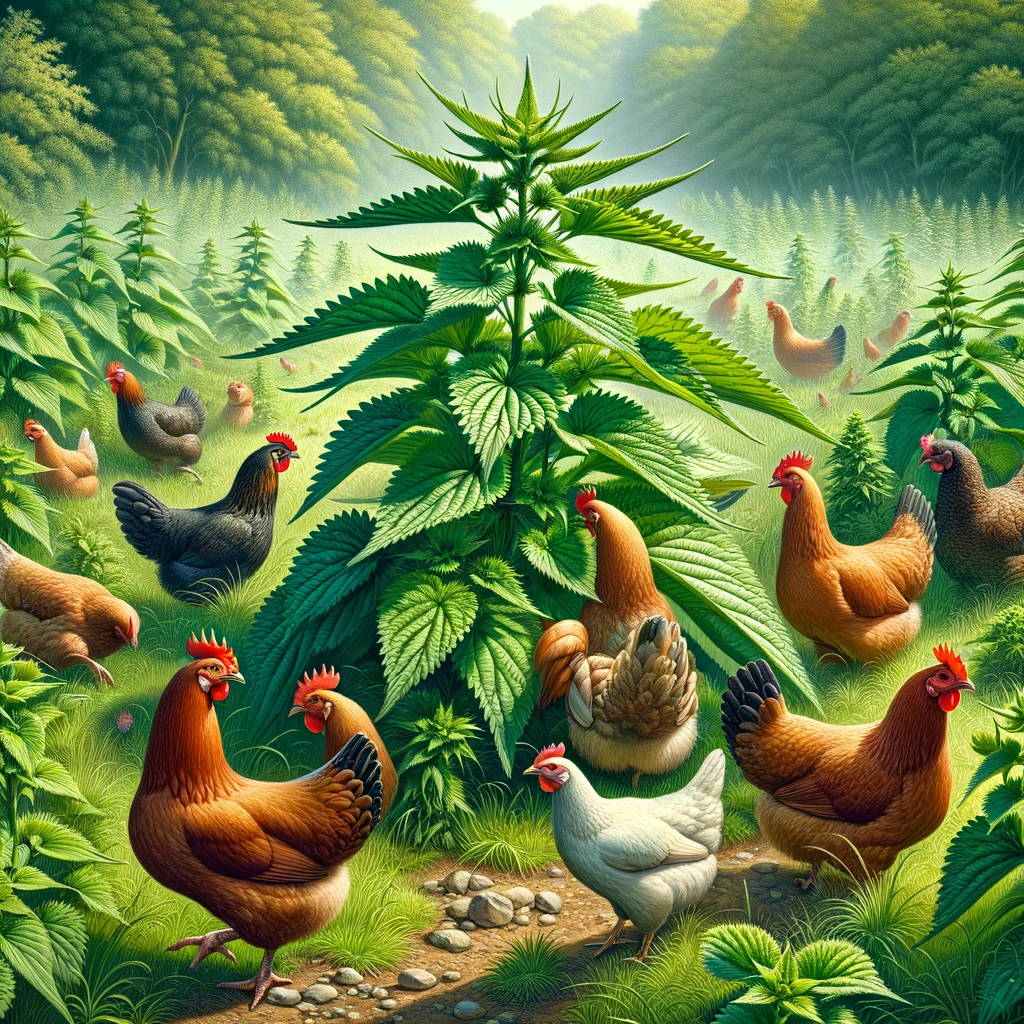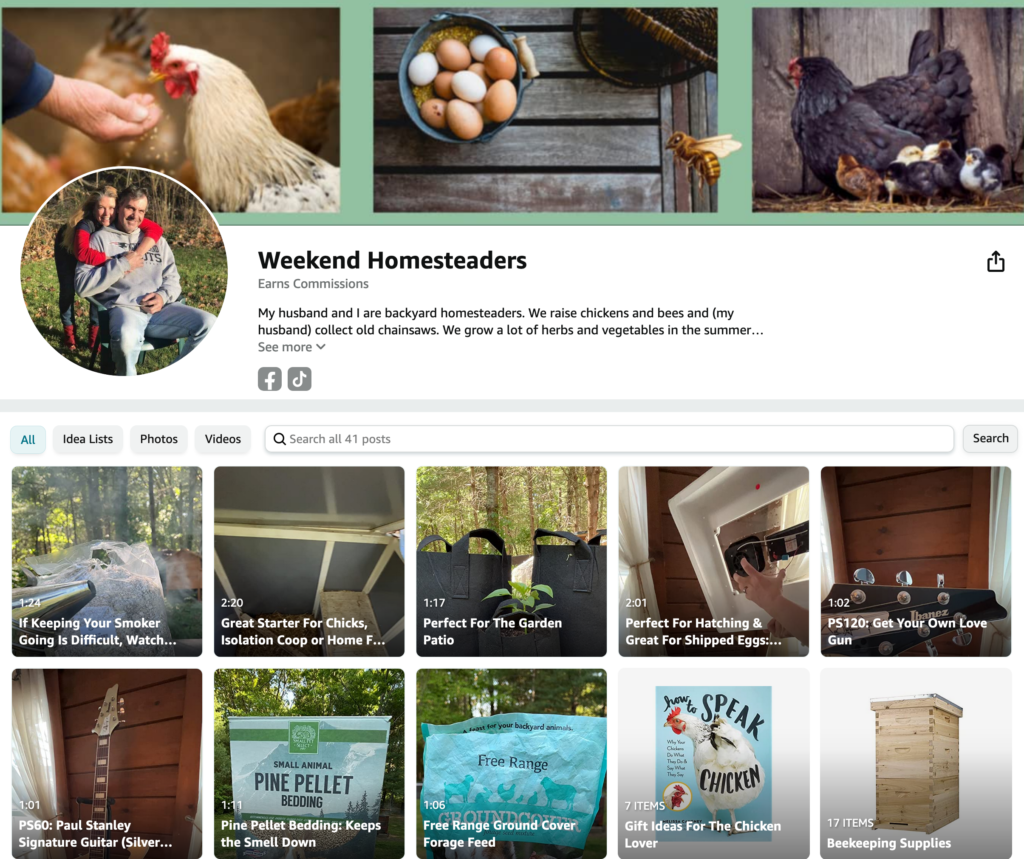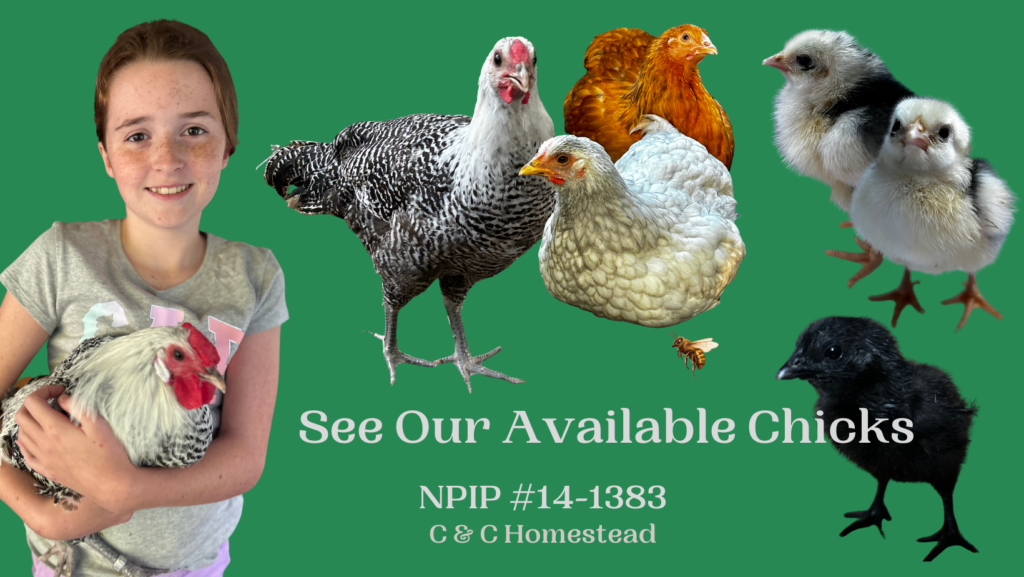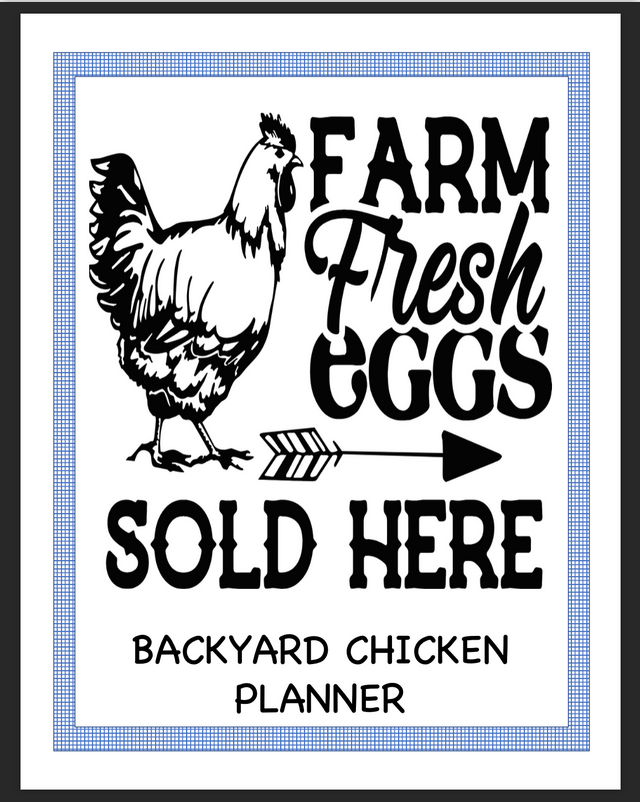Balancing Corporate & Homesteading Lifestyles
Healthy Herbs For Chickens: Nettle

Nettle (Urtica dioica), often overlooked due to its stinging reputation when fresh, is actually a powerhouse of nutrition and health benefits, making it an excellent herb for chickens. Packed with vitamins, minerals, and amino acids, dried nettle offers numerous advantages when included in your flock's diet or living environment. Here's why nettle is a healthy herb for chickens and how you can incorporate it into their care routine.
Nutritional BenefitsNettle is rich in essential nutrients that are beneficial for chicken health, including:
Health BenefitsAdding nettle to your chickens' diet or coop environment can offer several health benefits:
How to Use Nettle for ChickensTo safely introduce nettle to your chickens and reap its benefits, consider the following methods:
Best PracticesWhen introducing nettle or any new food to your chickens' diet, start with small amounts to monitor their reaction. Ensure that nettle is only a supplement to a well-balanced diet and not the primary food source. Always provide fresh water and maintain clean living conditions for your flock. In conclusion, nettle stands out as a healthy herb for chickens, offering a range of benefits from improved feather health to enhanced egg production. By incorporating dried nettle into their diet or coop environment, you can naturally support the health and happiness of your flock. Growing Nettle (Urtica dioica)Difficulty to Grow: Easy Nettle is a hardy and vigorous perennial herb that thrives with minimal intervention, making it one of the easier plants to grow for gardeners of all experience levels. Its resilience and ability to adapt to various conditions contribute to its ease of cultivation. Starting Nettle: Nettle can be started from seeds, cuttings, or root divisions. Seeds can be sown directly into the garden in spring or fall. For a quicker establishment, root divisions or cuttings from an existing plant can be planted directly into their final growing spot. Remember to handle with care to avoid the sting of the mature plant. Soil Requirements: Nettle is not fussy about soil and can grow in a range of soil types, including poor soils. However, it prefers a rich, moist, well-drained soil with a pH of 6 to 7. Nettle tends to thrive in nitrogen-rich conditions. Light Requirements: Nettle grows well in both full sun and partial shade. While it can tolerate a variety of light conditions, a spot with some sunlight will promote more vigorous growth and higher nutritional content in the leaves. Watering: While nettle is relatively drought-tolerant once established, it prefers consistent moisture. Water the plants regularly to keep the soil evenly moist, especially in dry conditions, to encourage lush growth. Spacing: When planting nettle, space the plants or seeds about 12 to 18 inches apart. This spacing allows ample room for growth and helps to manage its spread within the garden. Pruning: Pruning is not typically required for nettle, as it is often harvested before it gets too large. Regular harvesting of the top leaves and stems encourages new growth and prevents the plant from becoming too tall and leggy. Container Growing: Growing nettle in containers is a great way to control its spread and makes it easier to manage. Use a medium to large pot with drainage holes and a quality potting mix. Ensure the soil stays moist and place the container in a spot that receives partial to full sun. Nettle, with its easy-to-grow nature and multitude of benefits ranging from culinary uses to medicinal applications, is a valuable addition to any garden. Just remember to handle with care to avoid the sting, and consider wearing gloves when planting, harvesting, or working with the plant. |



